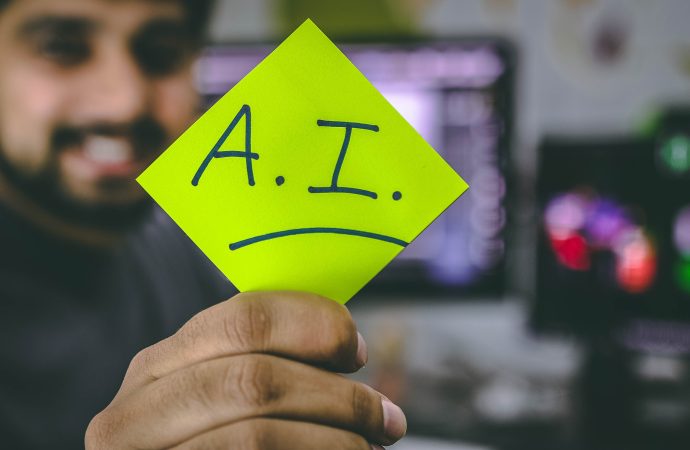Introduction The increasing advancement of Artificial Intelligence has brought about many benefits, including automating tasks once deemed impossible and improving efficiency in various industries. However, for some industry leaders, this progress also raises concerns regarding the unintended consequences that may arise from A.I. development. In this blog post, we will explore why these experts are
Introduction
The increasing advancement of Artificial Intelligence has brought about many benefits, including automating tasks once deemed impossible and improving efficiency in various industries. However, for some industry leaders, this progress also raises concerns regarding the unintended consequences that may arise from A.I. development. In this blog post, we will explore why these experts are calling for a moratorium on A.I. development and what insights they have to offer on the subject. So buckle up and prepare to dive into the future of technology with us!
The Impact of A.I. on the Future of Work
Automation is rapidly changing the way we work and the future of work is uncertain.
According to a study from the McKinsey Global Institute, half of all jobs in the United States are at risk of being replaced by automation over the next 20 years. The impact of this on individuals, families, and society as a whole is massive and complex.
This raises important questions about how we should approach the development of A.I. technologies. Many experts believe that there needs to be a moratorium on A.I. development until these questions can be answered more definitively.
The reasons for this are clear: while A.I. has many potential benefits, it also has the potential to cause great harm if used incorrectly or if it is implemented before we have a clear understanding of its consequences. We need to take time to properly assess these risks before we start implementing these technologies widely across society.
There are many different stakeholders involved in this process – from policymakers who must make decisions about whether or not to allow A.I. development, to companies who are developing A.I., to researchers who are trying to understand how A.I works and what its implications might be for society as a whole – so consensus on how best to proceed is likely to be difficult to achieve without first taking some time to consider all of the possible implications of introducing A.I.-based automation into our economy and workplace
The Risks Associated with Automation
There are many risks associated with automation, and we need to take the time to assess these risks before we automate more aspects of our lives. Automation could lead to unemployment, poverty, and other social ills. We need to be very careful with how we implement automation, and we need a moratorium on A.I. development until we can fully assess the risks involved.
Perspectives from Industry Leaders
Industry leaders are united in their belief that a moratorium on artificial intelligence development is urgently needed.
Organizations like the Association for Computing Machinery (ACM) and the International Federation of Robotics (IFR) have both called for a voluntary moratorium on AI development until further proof can be provided that the technology is safe.
The rationale behind this call is based on concerns around things like data privacy, job displacement, and general unchecked technological advancement.
Some in the industry are also worried about how AI will impact humanity’s relationship with machines.
Many people working in artificial intelligence see it as an important part of future technological advancements. However, there are many people who believe that we need to take a step back and assess the implications of these developments before moving forward. The primary concern here is around data privacy and job displacement. We currently have no idea what kinds of unintended consequences artificial intelligence might have, and we don’t want to find out later down the line when these technologies start impacting our day-to-day lives in negative ways. There’s also a fear that AI will create an unbalance between human and machine capabilities, which could ultimately lead to disaster. At this point, it’s important for us to take stock of where we are with these technologies so that we can make sensible decisions about where we go from here.
Conclusion
It is now clear that artificial intelligence – or A.I. – has the potential to cause massive harm, both to individuals and societies as a whole. This is not a new realization; in fact, many experts have been warning about the dangers of A.I. for years. However, recent developments have made it abundantly clear just how serious this issue really is. As technology companies race to develop increasingly sophisticated forms of A.I., they are largely ignoring the risks involved. It is now up to government leaders and other influential figures to take action and put a moratorium on all artificial intelligence development until we can better understand the implications of this rapidly-growing field.

















Leave a Comment
Your email address will not be published. Required fields are marked with *